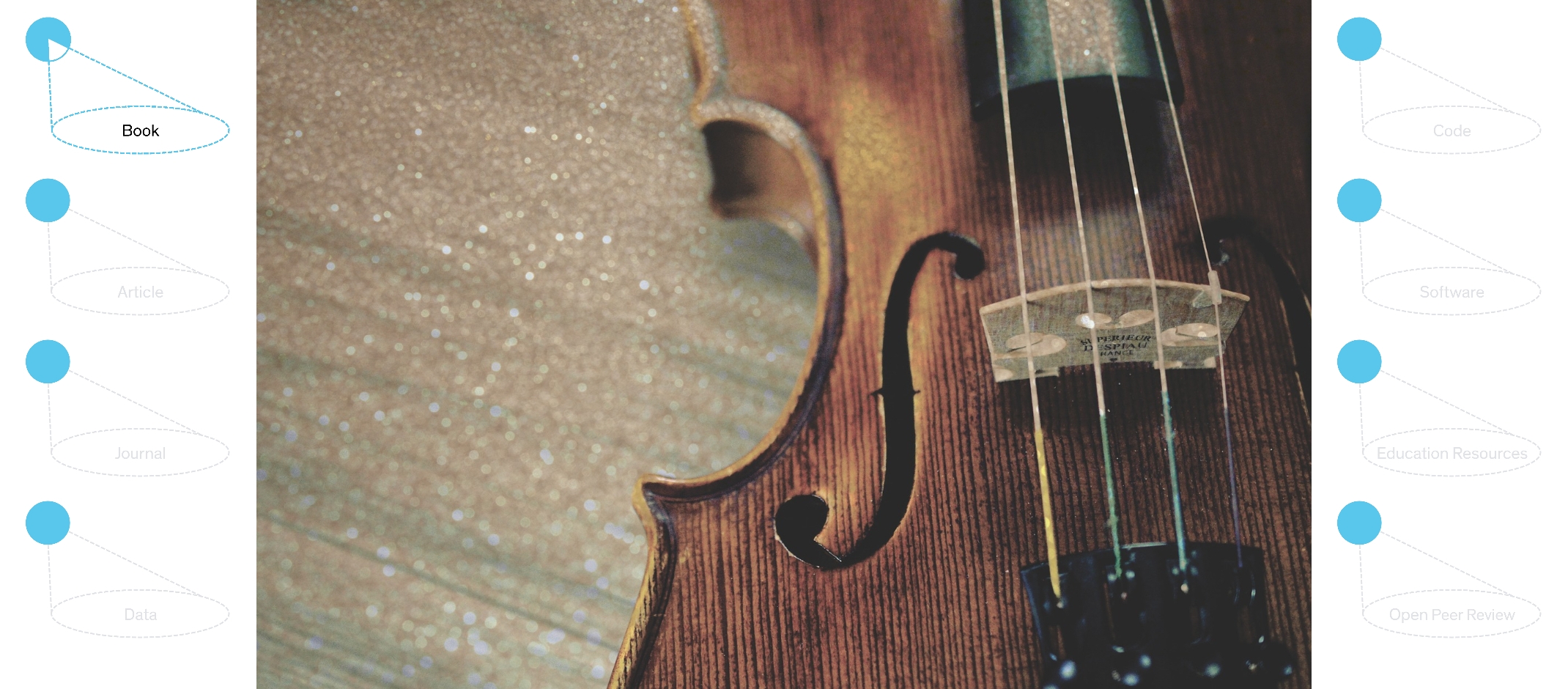Art, Play, Labour: the Music Profession in Germany (1850-1960)

The cliché of the bohemians, who devote themselves solely to their artistic self-fulfilment and are indifferent to material concerns, has had a lasting influence on perceptions of the world of art and music since the mid-19th century. In his freely accessible book, Martin Rempe presents an alternative to the stereotype of the bohemian virtuoso by focusing on the diverse group of professional instrumental musicians of the 19th and 20th centuries whose musical activities secured their livelihoods and existence.
Rempe's detailed portrait of the profession shows how musicians were able to increase their socio-economic status and social standing. It illustrates the extent to which cultural-political, technological and economic developments drove the professionalization and specialization of the profession – whether in orchestra pits, military bands or as background music in silent film cinemas.
The open access book "Art, Play, Labour: the Music Profession in Germany (1850-1960)" (doi: 10.1163/9789004542723) can be downloaded for free from the University of Konstanz's KOPS document server.

